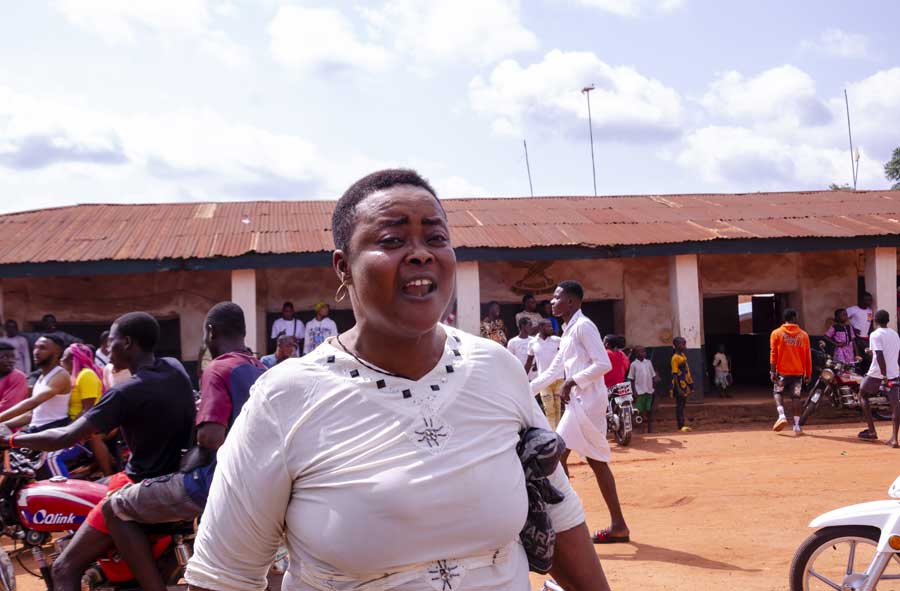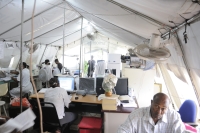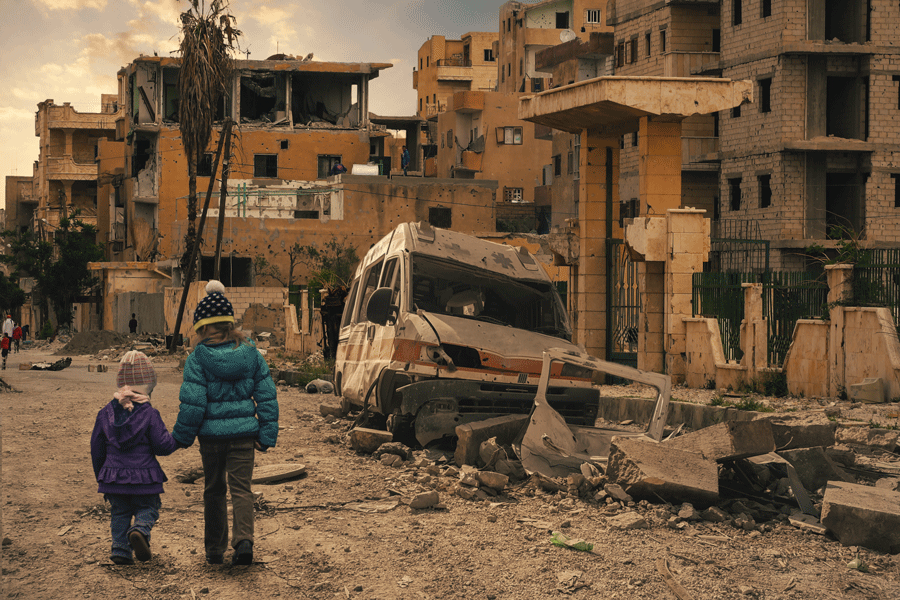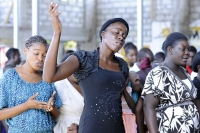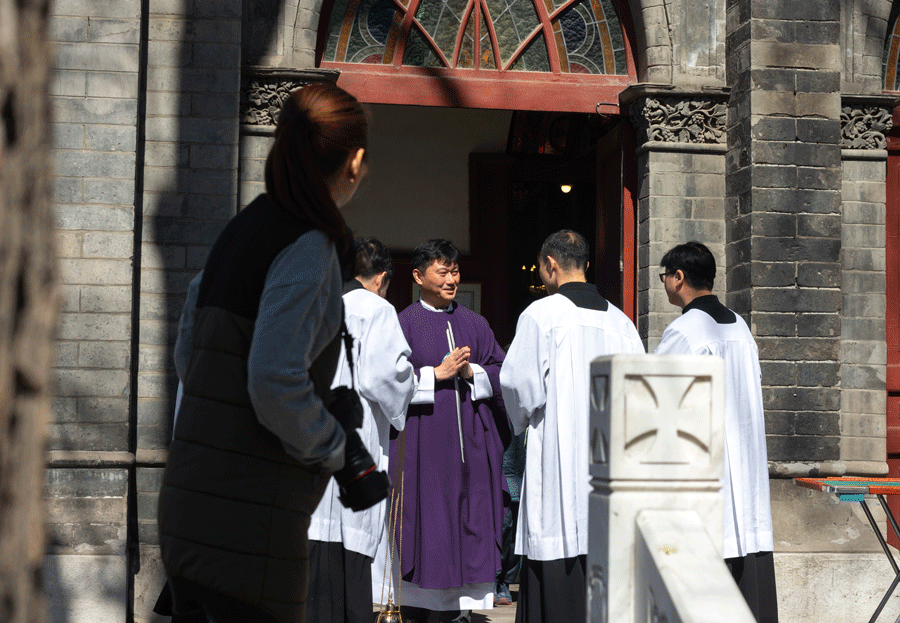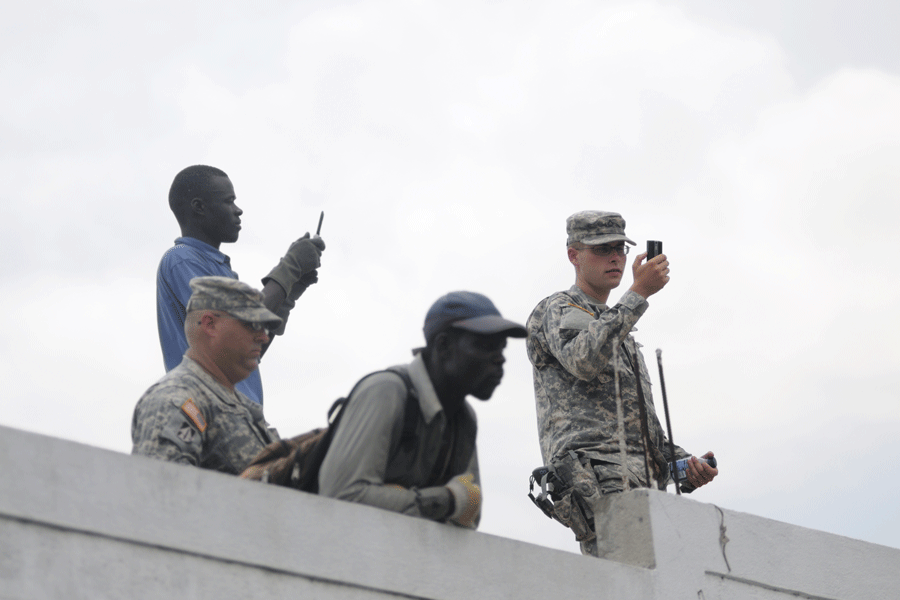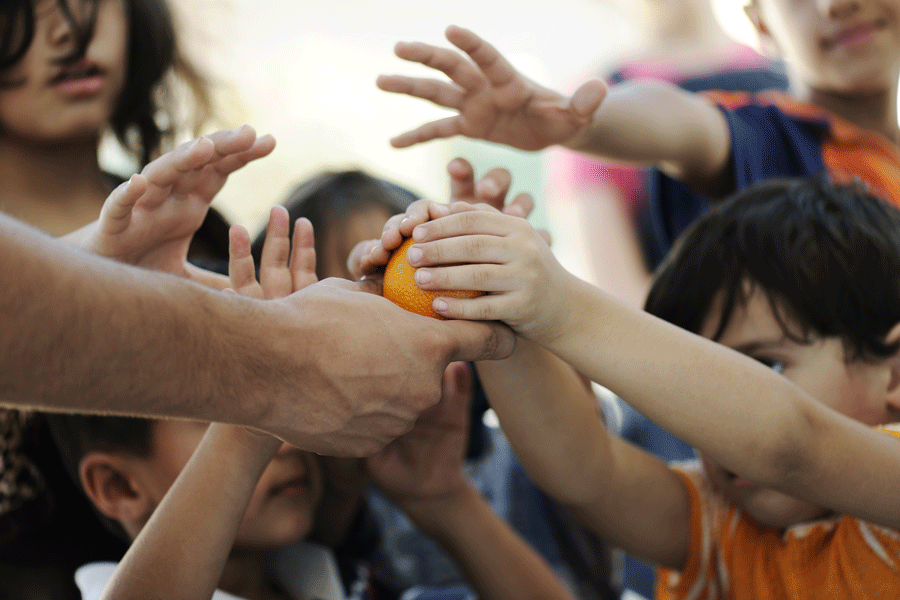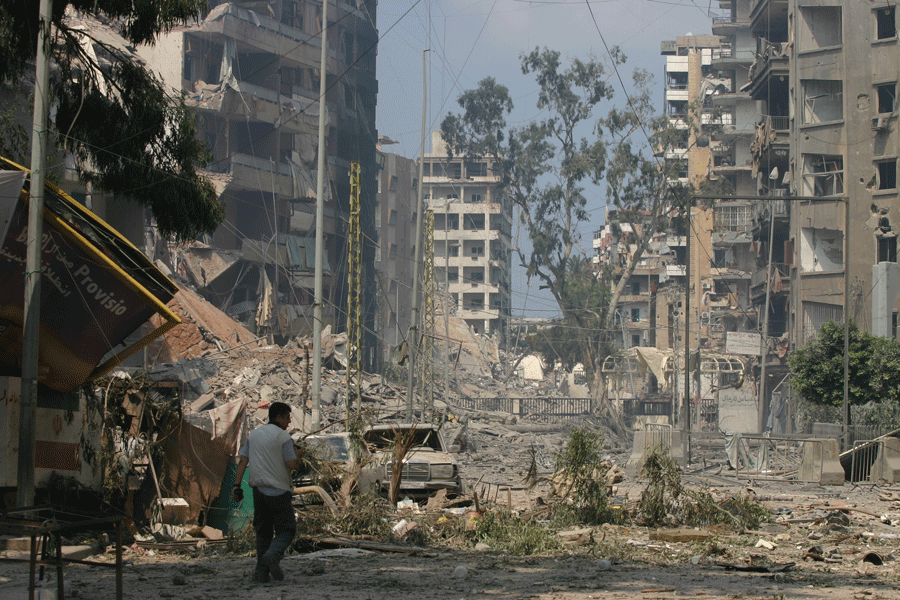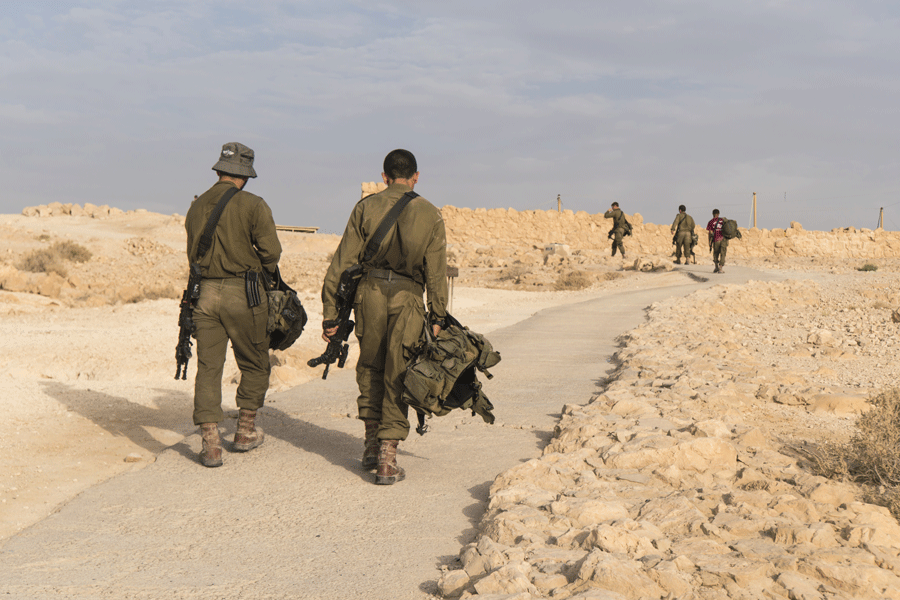Global Prayer Alerts
MAIDUGURI, NIGERIA, - Boko Haram militants have terrorized northeastern Nigeria for more than a decade, driving more than 2 million people from their homes, according to the United Nations.
At least 3,000 have fled from the countryside to the relative safety of Kawar Maila, a camp in Borno State’s capital, Maiduguri.
Having escaped the Islamic extremists, these displaced people still face enormous challenges, struggling to get food and basic health care, to educate their children, to imagine a better future.
“Life here is very difficult. We are suffering,” said Mohammed Abba, who had a farm in the Konduga government area, about 25 kilometers southeast of Maiduguri. Now, he, his wife and five children live in a single, cramped room.
“During the rainy season, you would be shocked to see how we must cope. This room floods and we can’t sleep here,” he said. Abba used to “raise animals and do trading. But this is our situation today.”
His neighbor Falmata Abukar also came from Konduga with her husband. She blames what she considers inadequate health care in the camp for her son going blind in one eye.
“My child fell ill. He did not open his eyes for four days. He cannot see with that eye now,” Abukar said. “The eye is beyond repair.”
Widows, most with children, live in a donated warehouse – more than 180 people in rooms separated by hanging sheets of fabric or plastic. Women often sit together in the center, chatting while sifting ground maize to make a traditional dish called bisko.
The camp’s residents, kept from their regular livelihoods, are trying to make ends meet. In daylight outside, women do needlework, crafting hats and other items to sell. So do girls who would have been in school if they were in their home communities.
Government pushes for resettlement
Borno State has 32 official camps for displaced people and roughly 200 informal settlements. These are supported by the State Emergency Management Agency (SEMA) and the federal government. They also receive support from humanitarian partners ranging from local groups to international organizations such as the U.N. International Children's Emergency Fund, the Norwegian Refugee Council, Save the Children and Doctors of the World.
The state’s governor, Babagana Umara Zulum, said authorities are working to resettle many of the displaced by year’s end.
“The IDPs [internally displaced persons) are tired of life in the camps,” Zulum said. “They complain to us day and night about their plight. They do not have food, and their children are being exploited. They need to return to their homes.”
That depends on regaining control of the territory from Boko Haram and protecting civilians, Zulum said. “We have to first ensure their safety. We don’t want to resettle people where there is no security.”
Concerns about security
Many homes of displaced people were destroyed or are in areas still vulnerable to Boko Haram attack. So, for now, authorities are moving to resettle people in cities closer to home that are patrolled by federal troops.
That does not reassure Abba Gana Kolomi, a fish trader from the town of Baga near Lake Chad. A friend who returned there gave him a grim report about continuing insecurity and how it restricts the ability to earn a living.
“People cannot go to fishing,” he said. “They cannot find food anywhere, because no one has cultivated his farm or raised animals.”
Venturing from better-protected cities to fish, farm or do other chores in rural Borno State can be dangerous. In mid-February, a group of displaced people gathering firewood near the town of Damboa were abducted – and five were killed – in a suspected Boko Haram attack.


